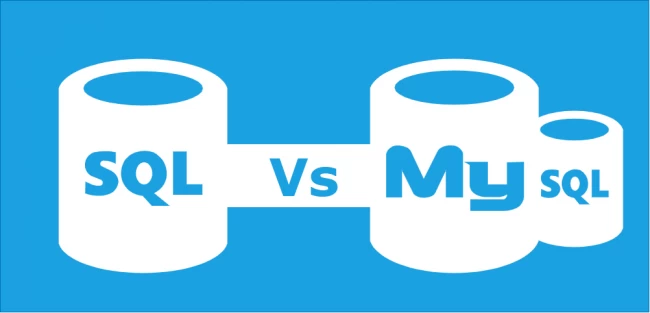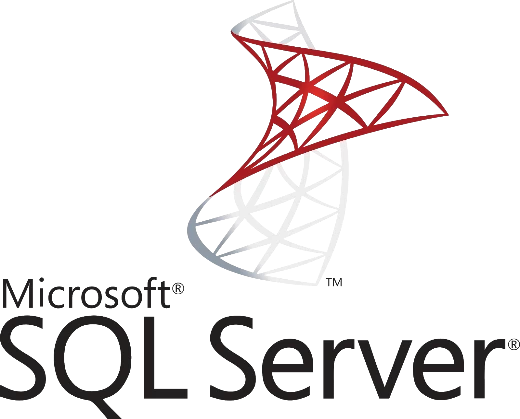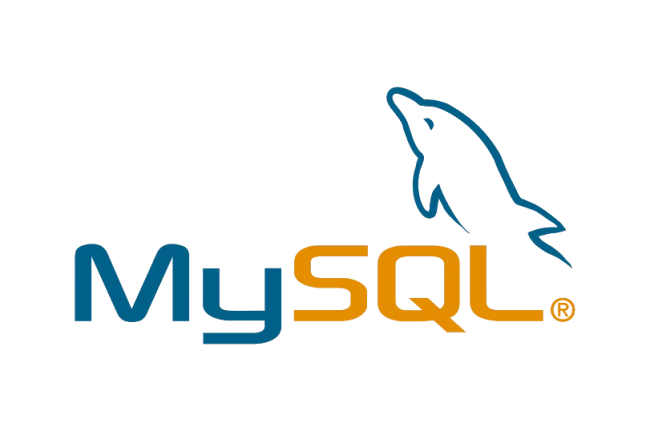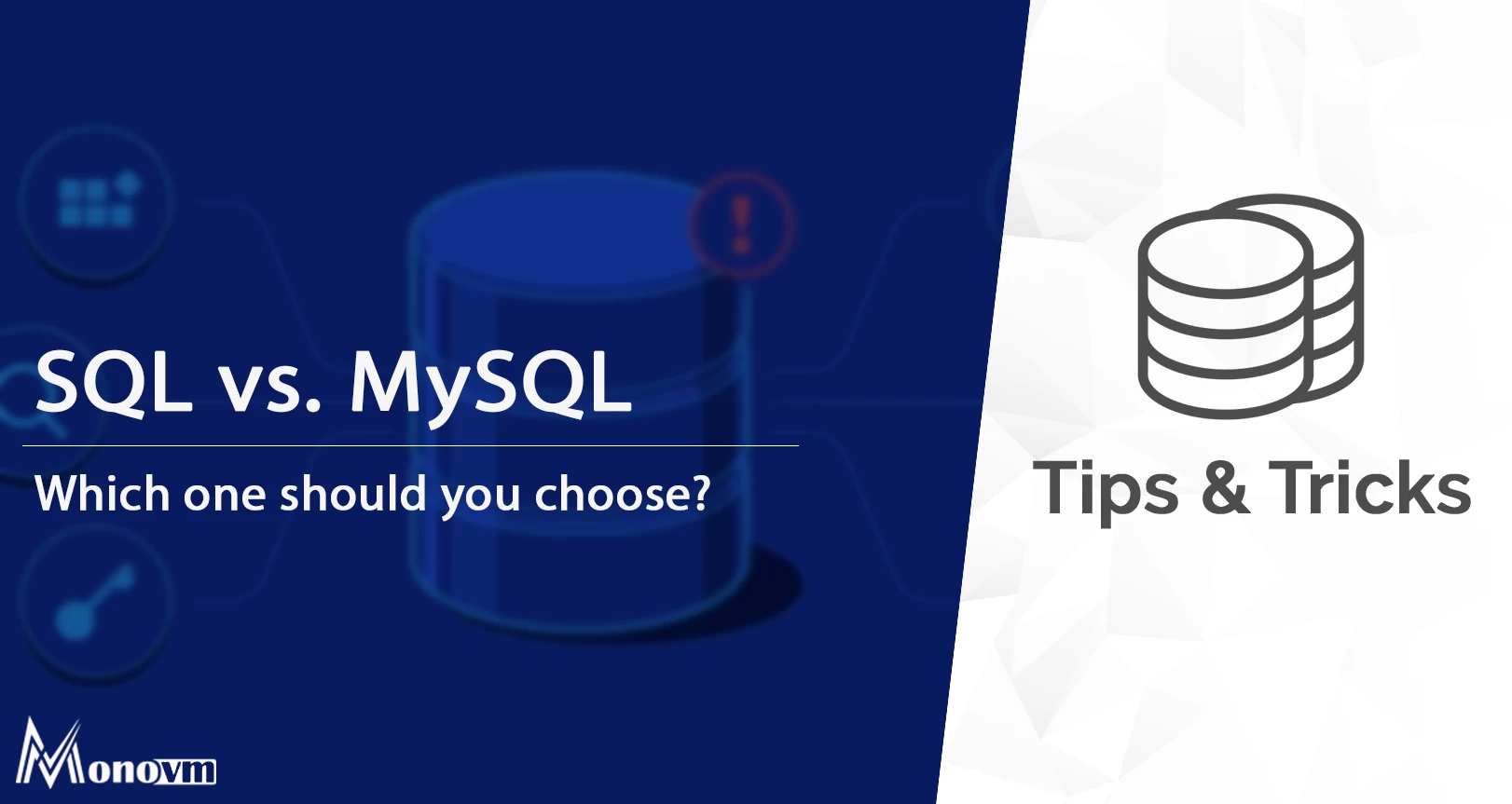List of content you will read in this article:
There is no secret that many businesses are shifting to online platforms and making their online presence in the market. That’s why web development is becoming more dynamic, and databases have become an essential part of a site. Databases are vital because they consist of various information such as customer details, employee details, product details, sales-related details, marketing details, and many more.
Databases also assure data security by multiple authentication mechanisms such as access specifiers or user login details. So, database usage has increased, it is essential to understand RDMS or Relational Database Management System. RDMS is software used for communication with the database for changing, updating, and administering the data.

SQL and MySQL are the two most powerful systems of relational database management systems. That’s why people always think about which one they can choose between SQL and MySQL to fulfill their requirements. This article will cover all of the aspects related to SQL vs. MySQL by describing every detail about them.
What is SQL?
Structured Query Language is the full form of SQL, and it is a standard language used for operating, managing, and accessing databases. We can use SQL for multiple works such as adding, retrieving, removing, accessing data from a specific database, and you can make slight changes in syntax to perform these tasks efficiently.

American National Standards Institute, also known as ANSI, has developed SQL standard language, but it is owned and managed by Microsoft. The primary benefit of SQL is that you can use it to access multiple records by using a single command.
What is MySQL?
MySQL AB(a Swedish company) developed MySQL in 1995, but now it is owned by Oracle Corporation. As per the consideration of statistics, MySQL is one of the earliest open-source databases available in the market.

MySQL offers multi-user access for the database, so it is used to combine Apache web server and PHP. MySQL was developed in C++ and C, and it has multi-platform support so that you can use it on Mac OS X, Windows, Linux, and all Unix-based operating systems.
Difference between SQL and MySQL
|
Factors |
SQL |
MySQL |
|
Programming Languages |
It supports different languages like Java, Ruby, C++, Delphi, Go, PHP, VB, Python, and R. |
It supports Perl, Scheme, Haskel, Eiffel, Tcl, and all languages supported by SQL. |
|
Connectors |
It doesn't support any connectors. |
It supports an integrated tool (MySQL workbench) to design and build databases. |
|
Syntax |
It has an easy-to-use and simple syntax. |
It has a bit complex syntax. |
|
Storage Engine |
It consists of a single storage engine as a native engine. |
It consists of multiple storage engines and an option for a plug-in storage engine. |
|
Security |
SQL is more secure than MySQL because it doesn't allow anyone to access the database file without having authority. |
It prevents hackers from directly accessing the data by binaries at the run time. |
|
Community Support |
It is not an open-source language, so it doesn't have good community support. |
It is an open-source platform, so users have to depend on the support system. That's why it had an extensive community support system. |
|
Language Support |
It has multi-language support. |
It only supports the English language. |
|
Editions |
It has different SQL 2017 editions such as Standard, Express, Enterprise, Developer, and Web editions. Remember, these editions have different features and intends. |
MySQL offers different editions according to the business or technical requirements. It has three editions, and they are Standard edition, Enterprise edition, and Cluster CGE. MySQL also has a community edition, which is free and open source. |
|
Filtering System |
It has support for row-based filtering that can filter the records from a database. This filtering option offers the benefits of filtering different rows without considering the number of the databases. |
It has a filtering system that allows users to filter tables and rows, and all of the filtered data stores in a different database. |
|
Backup System |
It doesn't block a database while performing the data backup process, and it offers compatibility to complete the backup in lesser effort and time. |
MySQL can take a backup by extricating the data as a SQL statement and blocks the database during the backup procedure. |
|
Price |
SQL Server 2017, express and developer editions are free, but the enterprise edition requires 12256 dollars per core. If you want a web edition, you. have to contact your web application's hosting partner. |
The standard edition annual subscription price is 2,000 dollars, and the Enterprise edition requires 5000 dollars and the cluster CGE edition 10,000 dollars. |
Which One is Better: SQL Vs. MySQL
In case you have started with VPS server, web development, or dedicated server-related work, you have to select RDMS because you will always use it carefully. Apart from it, switching from one technology to another can create multiple issues. Hence, it is essential to choose SQL or MySQL according to the usage, perspectives, and budget.
As we have explained above, both technologies work to store data as per the table storage. MySQL is a little deeper in selecting the data to facilitate data display, update, and save the data again. However, it is weaker as compared to SQL Server in data deletion or insertion. As per the consolidation of business size, you can use MySQL for small or medium-sized web applications and use SQL for large business web applications.
Conclusion
So here are the brief details on SQL Vs. MySQL including complete information regarding these RDMS systems. So as we have covered previously, a relational database management system manages the databases of web application-related data SQL and MySQL are two of the most powerful RDMS available currently.
As per our opinion, both of these have their importance in database management because SQL is best for large-sized businesses, and MySQL is best for small-sized businesses, so it is up to your requirements. We have included this information from multiple resources, user reviews, and personal experience to make the article more accurate and informative.
